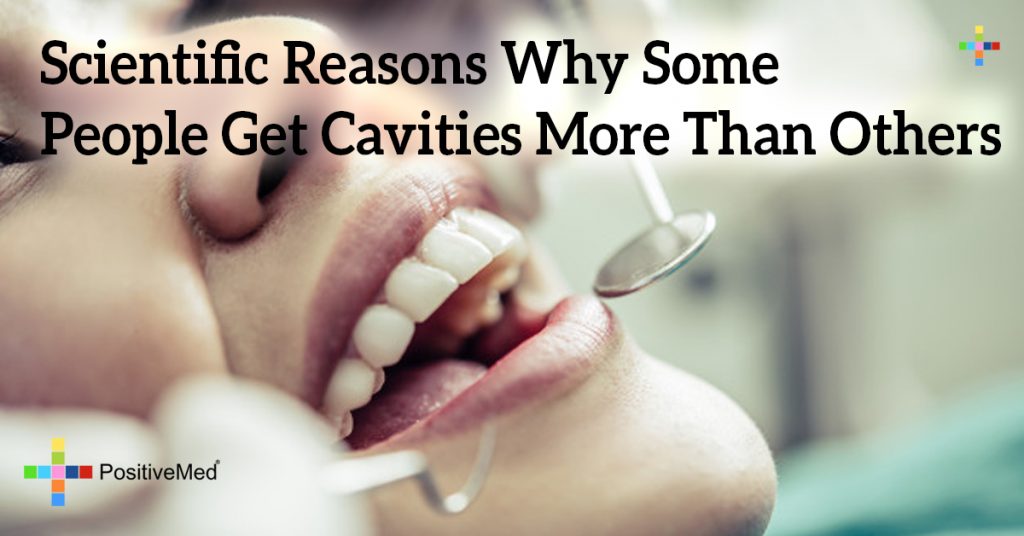
Scientific Reasons Why Some People Get Cavities More Than Others
Some People Get Cavities More Than Others. Here’s Who and Why.
If you want a beautiful smile, one of the first steps is keeping your teeth cavity-free. To keep your teeth cavity-free, you want to take care of your teeth and keep yourself from becoming one of the people most prone to getting cavities.

What are Cavities?
Whether you’ve never had a cavity or you’ve had several fillings in your life, you may be wondering what a cavity even is. It’s pretty simple: a cavity begins with damage to your tooth’s surface layer. This damage then spreads into a small hole that can spread even further into the deeper levels of the tooth if left untreated.
Who is More Likely to Get Cavities?
Anyone who has teeth can get cavities, and most people will have at least a couple of cavities at some point in their lives. Both younger and older people are the most likely to get cavities, but the fluoride that is now commonly added to tap water has helped reduce cavities among school-age children. At the same time, researchers are seeing an increase in cavities among senior citizens perhaps due to medications that cause a lack of saliva.
According to a new report by Centers for Disease Control and Prevention (CDC), the prevalence of tooth decay among different ethnic groups varies. For example, tooth decay is most prevalent among African-Americans (46 percent), then Hispanics (36 percent), Caucasians (22 percent) and Asians (17 percent). One of the main reasons of this variation is difference in genetic pools:
“A new study found that a small percentage of African-Americans are missing a variant form of salivary protein that wards off cavity-causing bacteria,” David Silverstrom, DDS, at the Silverstrom Group, tells Yahoo Health.
Lower-income people are also more likely to have cavities, especially cavities that go untreated, likely due to having less access to regular dental care.
Sneaky Habits that Sabotage Your Smile
You may already know better than to munch on sugary foods too often since sugar is one of the worst culprits in causing cavities. What you may not know is that it’s not actually sugar’s fault.
The real culprit behind most cavities is the acid that sugar and other foods create. Any starchy carbohydrate or acidic food will cause your mouth to produce this acid. The worst habit for your teeth, then, is constant snacking on almost anything. Your mouth’s saliva is a natural protector against cavities, so constantly washing it away with food or drink will make cavities more likely to form.
How Cutting Corners Might Cost You More
If you wait until you notice symptoms of a cavity like pain, toothache or sensitivity, your cavity has probably been growing for a while. The longer a cavity goes untreated, the more intensive and expensive it is going to be to get it fixed. Untreated cavities can also lead to more serious complications like abscesses, infections or even tooth loss.
Dentists will be able to detect the beginning of a cavity before you would notice it yourself, so getting regular dental cleanings and checkups will help make sure your cavities get treated as soon as possible. This will help save you money and pain in the long run.
mayo clinic: http://www.mayoclinic.org/diseases-conditions/cavities/basics/definition/con-20030076
WebMd :http://www.webmd.com/oral-health/healthy-teeth-14/cavities-myths
NIH: ttp://www.nidcr.nih.gov/DataStatistics/FindDataByTopic/DentalCaries/DentalCariesAdults20to64.htm





